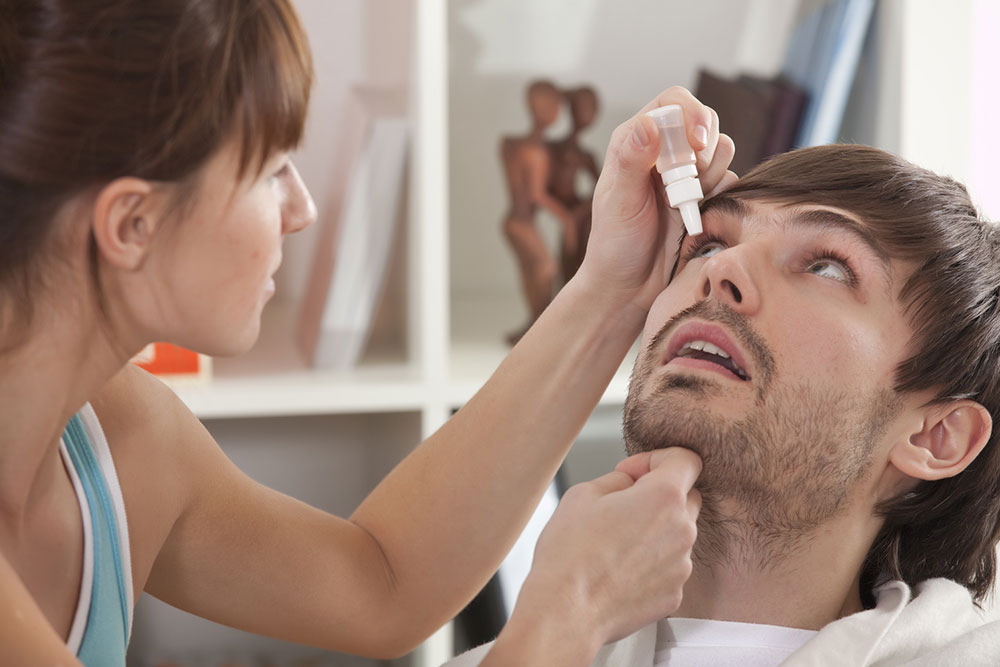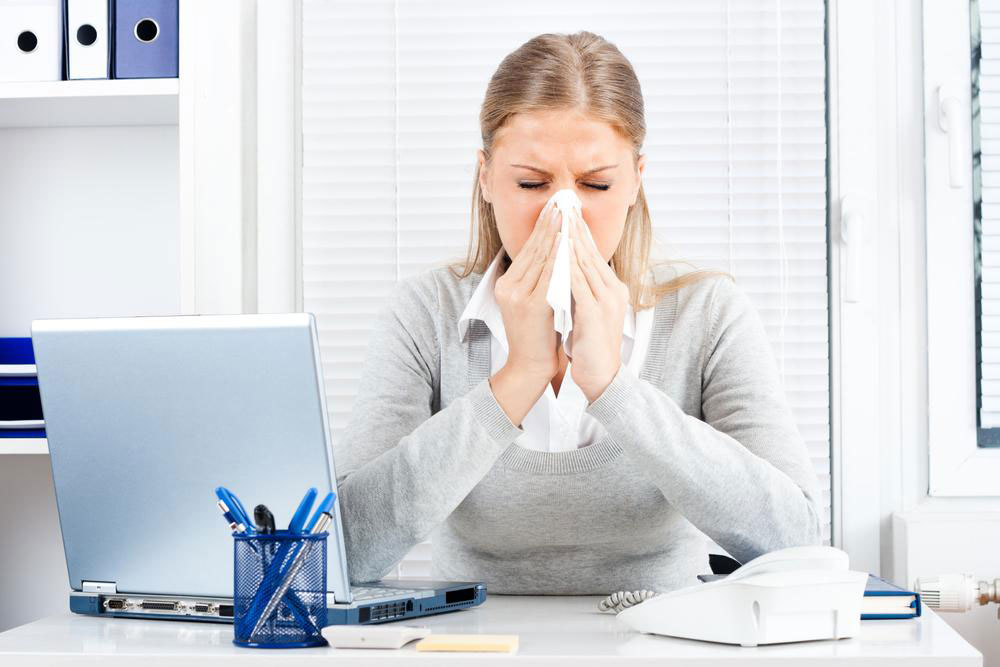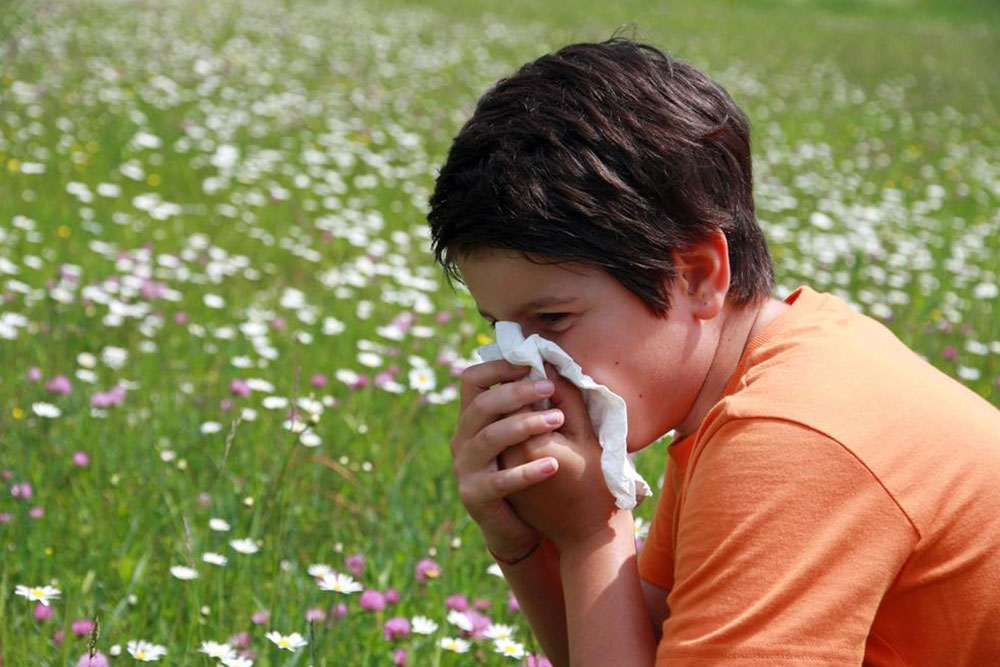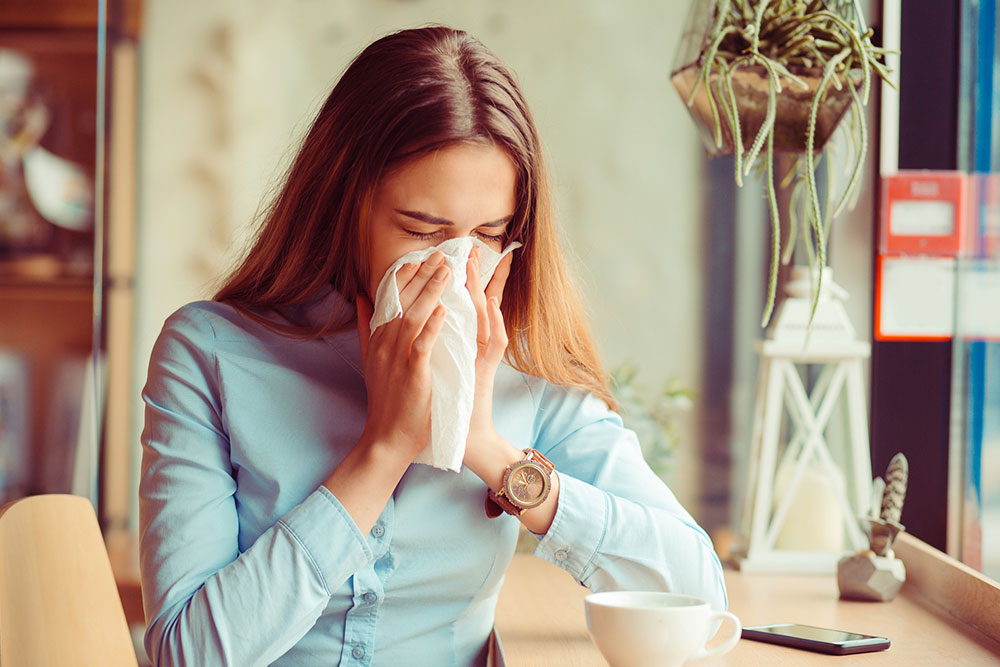Effective Approaches to Alleviate Itchy Eyes and Allergic Symptoms
This article offers comprehensive strategies to manage itchy eyes caused by allergies. It emphasizes allergen avoidance, effective home practices, medication options, and advanced treatments. Proper management can alleviate discomfort, prevent complications, and improve quality of life for allergy sufferers. Consultation with healthcare providers is recommended for personalized care, especially for children and severe cases.

Effective Approaches to Alleviate Itchy Eyes and Allergic Symptoms
Redness, itchiness, and swelling around the eyes are typical signs of allergic conjunctivitis, often called eye allergy. Triggers include pollen from trees, grasses, weeds, and irritants such as smoke, perfumes, or vehicle emissions. When exposed, the eyes release histamine, leading to redness, itching, and watery discharge. Recognizing symptoms like burning sensations, sensitivity to light, mucus, and swelling helps in early treatment.
Minimizing contact with allergens is essential for relief. Avoid outdoor exposure during peak pollen hours, usually mornings and evenings. Keep windows closed and use air conditioning to filter indoor air. Wearing sunglasses outside acts as a shield against pollen, and keeping car windows up protects your eyes while traveling.
Dust mites can also cause eye allergies. Use allergen-proof pillowcases, wash bedding frequently, and replace old mattresses. Clean with a damp cloth instead of sweeping to reduce airborne dust. Keep pets away from curtains and carpets to decrease indoor allergens.
Controlling indoor humidity with a dehumidifier discourages mold growth, another common allergen. Practice proper hygiene after handling pets, including hand washing and changing clothes. If symptoms persist, consult an allergist for tailored treatment options.
Over-the-counter antihistamines and eye drops can provide quick relief, but consulting a doctor for long-term management is advised. Prescription eye drops like antihistamines and mast cell stabilizers are effective for ongoing allergy control. Special care should be taken when treating children to ensure safety. Additional options like tear substitutes and nasal decongestants can help clear allergens and reduce eye redness, but overuse should be avoided to prevent rebound effects.
For severe allergy cases, advanced therapies such as antihistamine drops, NSAIDs, corticosteroids, allergy immunotherapy, and non-sedating oral antihistamines are available. These treatments can substantially improve comfort and quality of life.
Important Notice:
The information provided covers multiple strategies for managing eye allergies. While based on research, always consult healthcare professionals for personalized advice. This site does not replace professional medical guidance and is not responsible for misuse of information. Seek expert help for persistent or severe symptoms.


